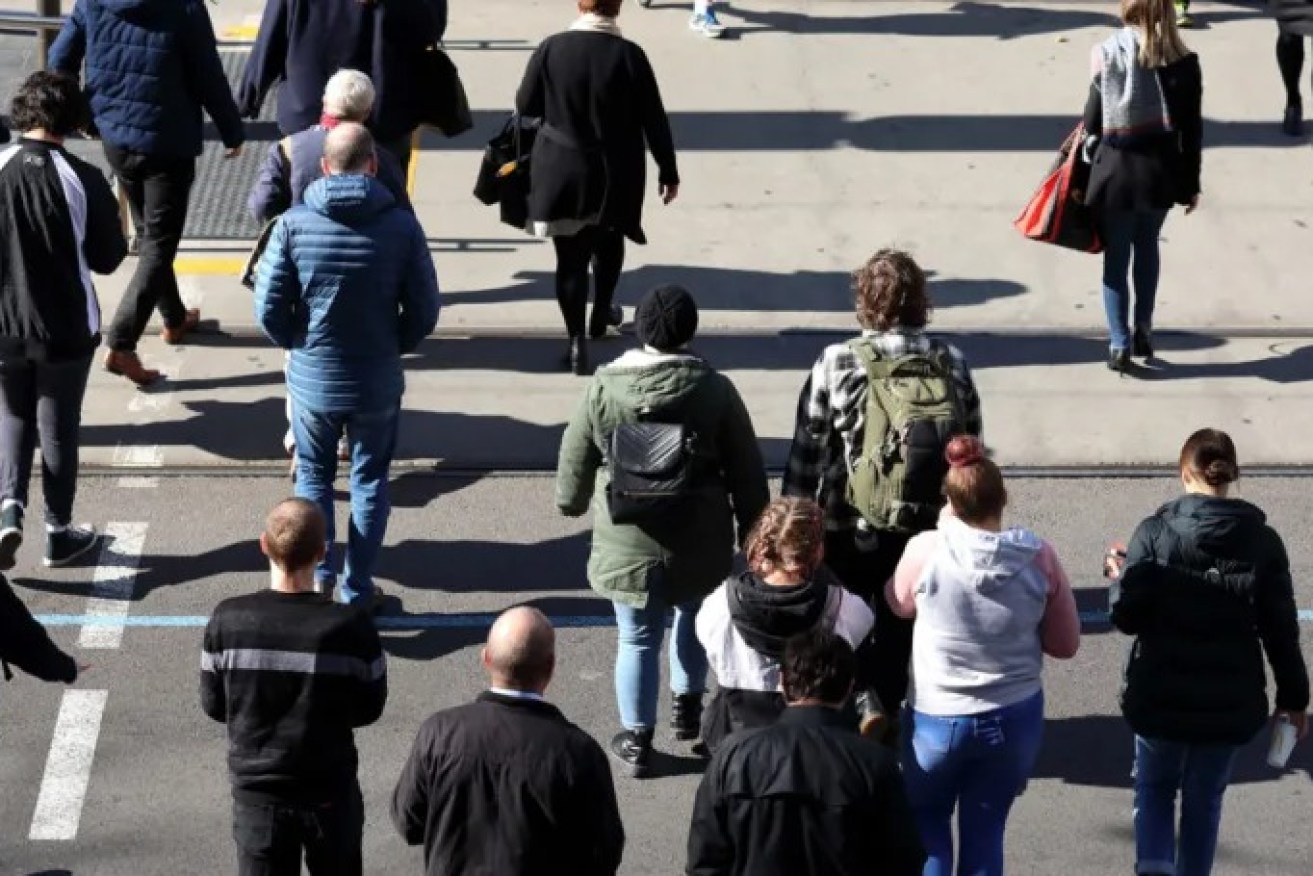Calls for release of unmet mental health needs report
Mental health advocates want the state government to release a report they say reveals the number of South Australians with severe mental illness who aren’t receiving help, and the cost of providing it.


Photo: Tony Lewis/InDaily
Mental health advocates and Greens MPs are calling for the release of the Unmet Needs Study, commissioned by the former Liberal government following a 2019 report which identified a high level of unmet need for psychosocial services nationally including in SA.
At the time, the Social Development Committee’s inquiry determined there were around 11,000 South Australians who would not meet eligibility criteria for assistance under NDIS programs nor be able to access services outside of the NDIS.
Unmet Needs Study steering committee member and Mental Health Coalition CEO Geoff Harris told InDaily that the report shows that the number of people with unmet mental health needs in SA is “much greater” than the figure provided four years ago.
He said it also detailed how much a ramp up in support would cost, leading to concerns that the government hasn’t allocated necessary funding towards programs in its latest budget, despite advocates lobbying for an increased spend.
The study was supervised through the Office of the Chief Psychiatrist and undertaken by the chief executive of Ramsay Psychology David McGrath. It uses the National Mental Health Service Planning Framework, a model designed to help plan and coordinate mental health resources.
“Two key pieces of data it will have is the number of people with severe mental illness, who have a need for psychosocial support, but don’t have access,” Harris said.
“It also calculates what an average package of support would cost, so it gives a dollar figure as well. It’s the first time it’s been done in South Australia to my knowledge.”
Health Minister Chris Picton told InDaily that SA chief psychiatrist Dr John Brayley and his team “have been poring through this lengthy report, which I received recently from the department and have read”.
“This followed a lengthy consultation period with the Unmet Needs Project Steering Group, chaired by the Chief Psychiatrist, and included clinicians, representatives of NGOs and people with lived experience,” he said.
“The report will be released in full after it has gone through the appropriate Cabinet process.”
Picton said both the state and federal governments will need to examine the report.
“Consideration of the report will be important at both the federal and state level given the interactions with the National Disability Insurance Scheme and federal government programs,” he said.
“The Malinauskas Government has already announced a generational extra investment in mental health services including over 100 more mental health beds, mental health-in-the-home beds and additional community mental health services.”
Harris said that increased psychosocial services would go some way in addressing hospital ramping, as it would encourage non-hospital solutions for mental health problems.
Psychosocial services include support with navigating bureaucratic systems to access housing, education and employment; assistance with independent living skills; encouragement of community participation; and general support for families and carers of mentally ill persons.
A report done by the University of New South Wales found that 51.4 per cent of people in Adelaide receiving psychosocial support services said they avoided hospitalisation because of those programs. This was even higher in regional South Australia, with 60.7 per cent of participants avoiding admission.
“We know that it not only helps people to build a better life in the community with severe mental illness, but it also dramatically reduces their need for unplanned crisis and acute care,” he said.
“Investing in this will create a long-term solution for people with severe mental illness where they actually get better.
“Investing in this will make the rest of the hospital system more efficient and effective.”
Harris said the Mental Health Coalition had been advocating for money to be spent on funding psychosocial services.
“We argued that the Government could make a start on addressing this gap in the budget, because we knew the report was being done,” Harris said.
“Our understanding is the report was finished before the budget, but the Government has chosen not to invest in this budget.”
In June, Picton acknowledged funding would be a “future consideration” for the government.
“We continue to invest in psychosocial programs. There has not been an increase in relation to budget allocations in this year’s state budget in those areas, but there are additional mental health investments that have been made in a number of areas, the vast majority of which were in last year’s state budget in what we regard as a real generational increase in terms of our investment in mental health,” he told an Estimates hearing.
“I think this is something where future consideration of that report does not just sit with the state government but is also going to be something for us to engage with the federal government on as well.”
Greens MP Tammy Franks has given notice of a motion calling on the government to table the study in full, including any funding that has been allocated to recommendations.
“Labor has delivered on their promise to complete the mental health Unmet Needs Study, but who could have guessed they’d need yet another promise to actually release it. Hoping that they can shelve it will not address the mental health crisis looming,” Franks said.
“The Premier is fond of saying that if COVID was the earthquake, mental health is the tsunami. Well, the tsunami is coming, and we need the results of this study to ensure South Australia can meet the unmet demands for psychosocial services in this state.”




